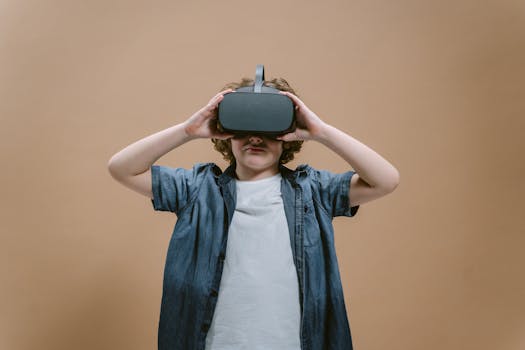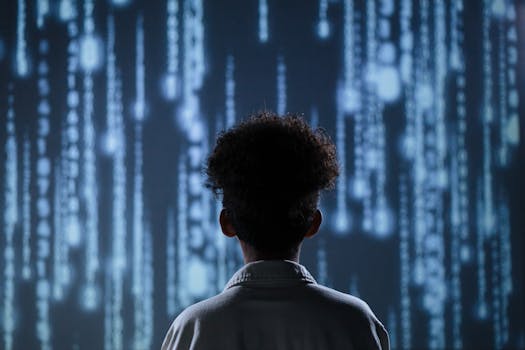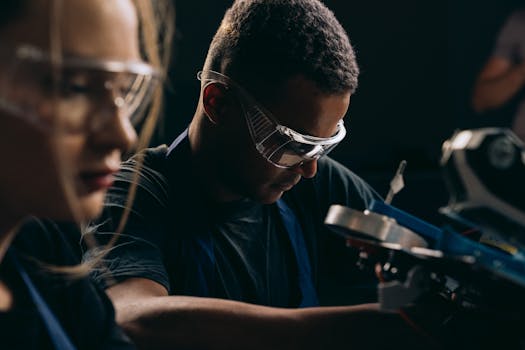
The Future of Education: What 2025 Holds
The future of education is rapidly changing, with advancements in technology and innovations in teaching methods. Future of Education is a topic that has been on everyone’s mind, and for good reason. The way we learn and teach is evolving, and it’s essential to stay ahead of the curve. In 2025, we can expect to see significant advancements in online learning, personalized learning, and the use of artificial intelligence and virtual reality in education.
Online Learning

Online learning has been on the rise in recent years, and it’s expected to continue growing in 2025. With the advancement of technology, online learning platforms have become more sophisticated, offering a range of courses and degree programs. Students can now access high-quality educational content from anywhere in the world, at any time. Online learning also provides an opportunity for students to learn at their own pace, which can be particularly beneficial for students who may need extra support or have other commitments.
Personalized Learning

Personalized learning is another area that’s expected to see significant growth in 2025. With the help of artificial intelligence and machine learning, educators can now create customized learning plans tailored to each student’s needs and abilities. This approach allows students to learn in a more effective and efficient way, as they’re able to focus on areas where they need improvement. Personalized learning also enables teachers to identify areas where students may be struggling and provide targeted support.
Artificial Intelligence and Virtual Reality

Artificial intelligence and virtual reality are two technologies that are expected to have a significant impact on education in 2025. AI can be used to create adaptive learning systems, which adjust to each student’s learning style and pace. Virtual reality, on the other hand, can be used to create immersive and interactive learning experiences. VR can transport students to different environments and scenarios, making learning more engaging and fun. For example, students can use VR to explore historical sites, visit other countries, or even attend virtual labs and simulations.
Conclusion

The future of education is exciting and rapidly changing. With advancements in technology and innovations in teaching methods, we can expect to see significant improvements in online learning, personalized learning, and the use of artificial intelligence and virtual reality. As we move forward, it’s essential to stay ahead of the curve and be open to new ideas and approaches. By embracing these changes, we can create a more effective and efficient education system that benefits students and educators alike.





